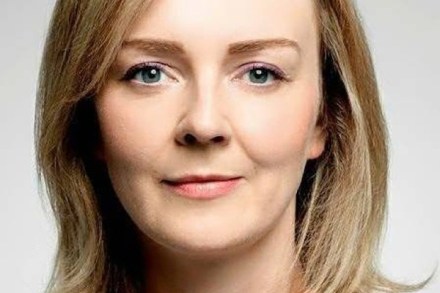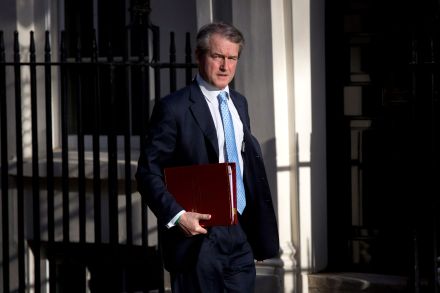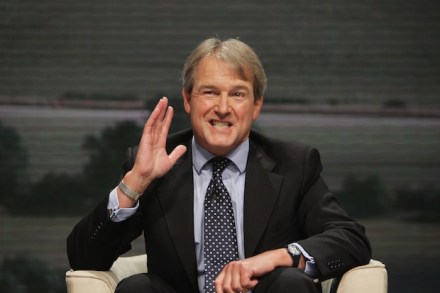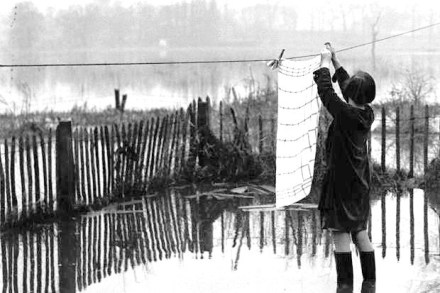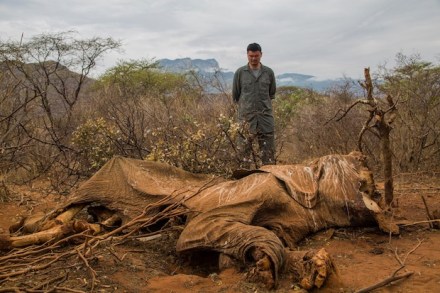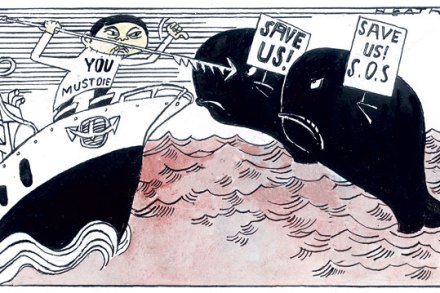How long will it be before the climate forces us to change?
This time last year, homeowners in Oxfordshire and Berkshire were recovering after storms had brought down power lines and blocked roads. Soon, power cuts were the least of their problems. The Thames flooded. In the south-west, the emergency services evacuated the Somerset Levels, and the sea wall at Dawlish in Devon collapsed — cutting the rail line to Cornwall. Political Britain burst its banks. Ed Miliband demanded action. David Cameron convened emergency committees. TV reporters brought us urgent reports as water lapped their boots, while newspaper correspondents named the guilty men. As in twenty20 cricket, you enjoy a quick intense hit with 24/7 news, then move on to the next


